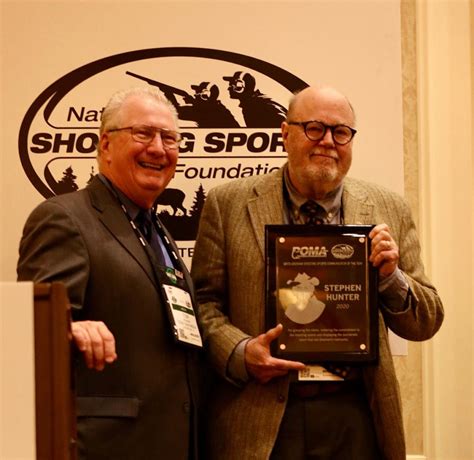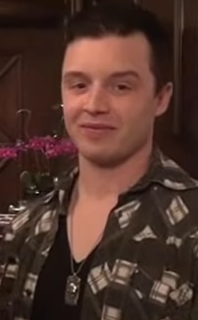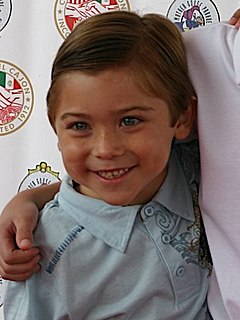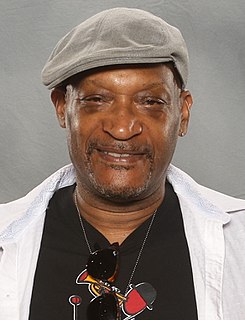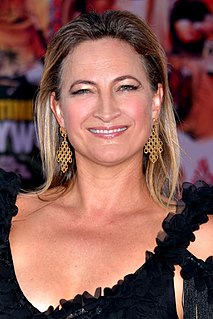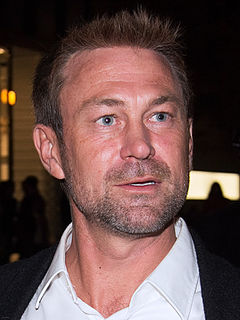A Quote by Peter Jackson
Motion-capture is not a genre. Motion-capture is a tool and technique and what we tried to do was to really use both motion-capture and traditional animation to build a system.
Related Quotes
Motion capture is exactly what it says: it's physical moves, whereas performance capture is the entire performance - including your facial performance. If you're doing, say, martial arts for a video game, that is motion capture. This is basically another way of recording an actor's performance: audio, facial and physical.
In 'Uncharted,' we do the scenes the same way you would do a film or television show. The motion capture - the performance-capture process - is what makes such a difference for this franchise. So I don't approach it any differently. The other actors and I go in and rehearse scenes together, and then we go in the next day and perform.
I'm always keen to use my body in my work, so I'm looking forward to the motion capture for Smaug. Both Gollum and King Kong were primates, whereas I'm playing a serpent, so it'll be interesting - I'll have to tie my legs together, possibly, or else they'll be kind of splayed out to the side as a reptile's should be.


